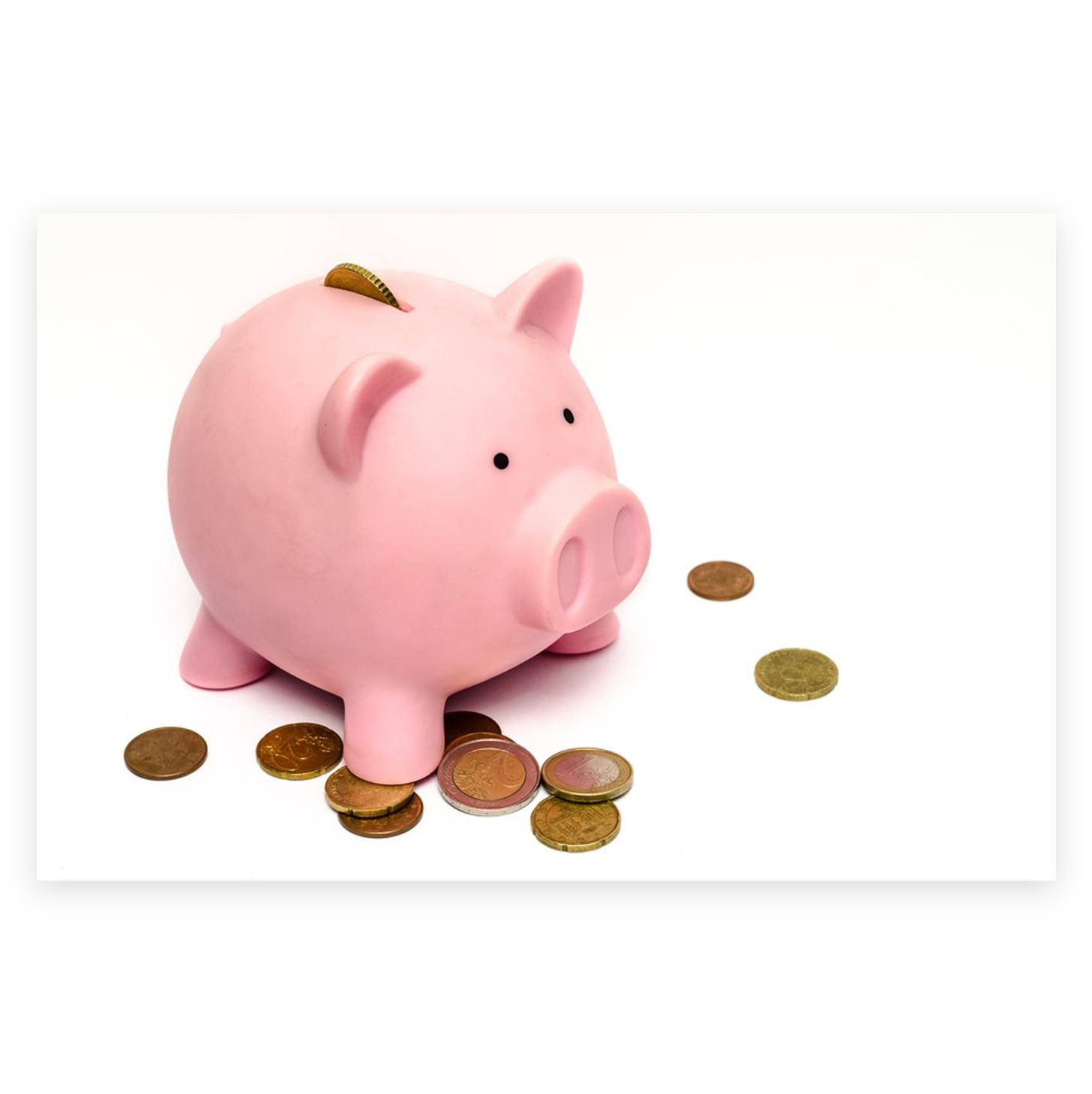Health & Well-Being
Life skills for health & well-being include daily living and self-care skills, responsibility and accountability, vocational skills, and financial literacy and behaviors.
Healthy Behaviors
Healthy behaviors include forging and maintaining healthy relationships, monitoring physical health, avoiding risky behaviors, and attending to mental health.
View Healthy Behaviors
-
Avoidance of Risky Behaviors
Avoiding risky behaviors is especially important during adolescence, a time during which people generally take more un-calculated risks. Substance use, risky sexual behaviors and delinquency are the most common manifestations of risky behavior. Research shows that peers can increase risk-taking during adolescence, while parents can serve as a protective factor against risk-taking, particularly substance use.
Read more -
Healthy Relationships
Research shows that young people benefit physically and mentally from healthy relationships with family, peers, and adult mentors other than parents.
Read more -
Mental Health
Although attending to mental health might seem outside the scope of a whole body education, the mind is, after all, inseparable from the body. And the state of one’s mental health has a profound impact on one’s physical health.
The World Health Organization defines mental health as “a state of well-being in which every individual realizes his or her own potential, can cope with the normal stresses of life, can work productively and fruitfully, and is able to make a contribution to her or his community.”
Read more -
Physical Health Maintenance & Hygiene
Physical health and maintenance includes hygiene, nutrition, physical activity, regular check-ups, and sleep. Parents can exert major influence over their children’s health maintenance, even into adolescence.
Hygiene is the most basic forms of physical cleanliness, including good hand-washing habits.
Read more
Life Skills
Healthy behaviors include forging and maintaining healthy relationships, monitoring physical health, avoiding risky behaviors, and attending to mental health.
View Life SkillsDaily Living Skills / Self Care
Daily living/self-care skills include basics like cooking, cleaning, laundry, and household chores. Such skills are eminently teachable, and research shows that young people enrolled in youth development programs frequently develop strong skills in this domain.
Read more
Financial Literacy & Behaviors
Financial literacy and behaviors help young people discern financial choices, plan rationally for the future, respond competently to life events that affect everyday financial events, and discuss money and financial issues without (or despite) discomfort. Parent financial behaviors, work experiences while in school, and formal education and training in these areas all have major impacts on children’s financial behaviors as adults.
Read more
Responsibility / Accountability
Responsibility/accountability among high-functioning people is turned both inward and outward. When turned inward it’s called personal responsibility and encompasses many of the daily living/self-care skills described above. When turned outward it becomes social responsibility – caring for the greater whole. Studies have shown that youth development organizations like 4H develop personal and social responsibility in young children and adolescents.
Read more
Vocational Skills
We define vocational skills as those that enhance one’s success in the world of work. These include a variety of tangible, marketable skills, teamwork and self-motivation. Once again, research demonstrates that participation in youth development programs, as well as in career education classes, measurable increases youths’ vocational skills.
Read moreTake our quiz!
This short quiz will help you gain an understanding of your child’s development
as it relates to our whole child education model.



